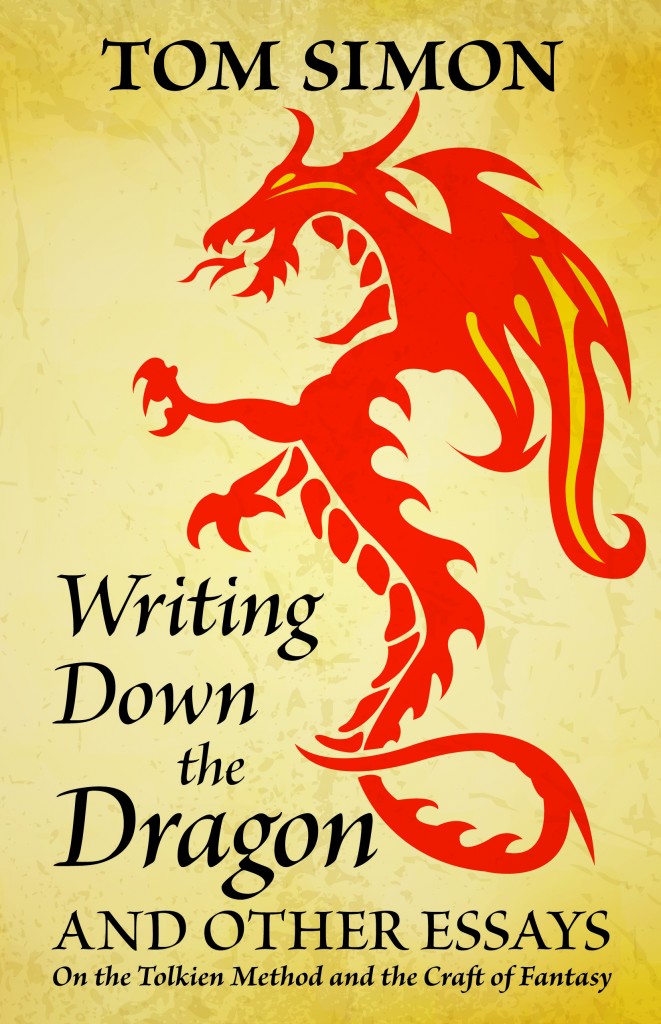A meditation on words, slightly late, but suited for Eastertide. Any howling errors herein are wholly my own; though I reserve the right to be an intellectual coward, and blame them on my recent concussion.
There is no such thing as an expert on language. There are experts on individual languages, and experts on different aspects of language as a phenomenon; but the field of language as a whole is, and always has been, far too large for anyone to adequately survey in a human lifetime. Tolkien came as near it as almost anyone: he was intimately familiar with the whole 1,500-year history of English, plus Old Norse, Latin, and classical Greek, and had a firm working knowledge of German, French, Spanish, Welsh, Irish, Hebrew, and several other languages, including the latest reconstructions of Proto-Indo-European. Yet he wrote, with perfect sincerity, to Fr. Robert Murray: ‘I am in no ordinary sense a “linguist”’. He understood better than most professional linguists the internal workings of language, but he also had a sound knowledge of his own limitations.
It may be unfair to compare Tolkien with Noam Chomsky, who does unabashedly call himself a linguist, and is often regarded by his younger colleagues in the field as the linguist. Unfair, but for my present purpose, necessary. Chomsky does not show any signs of great familiarity with any language but English. He attempts to lay down ‘universal’ rules of grammar, but his universals, when closely examined, tend to be disturbingly parochial. [Read more…]









Recent Comments